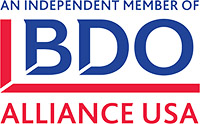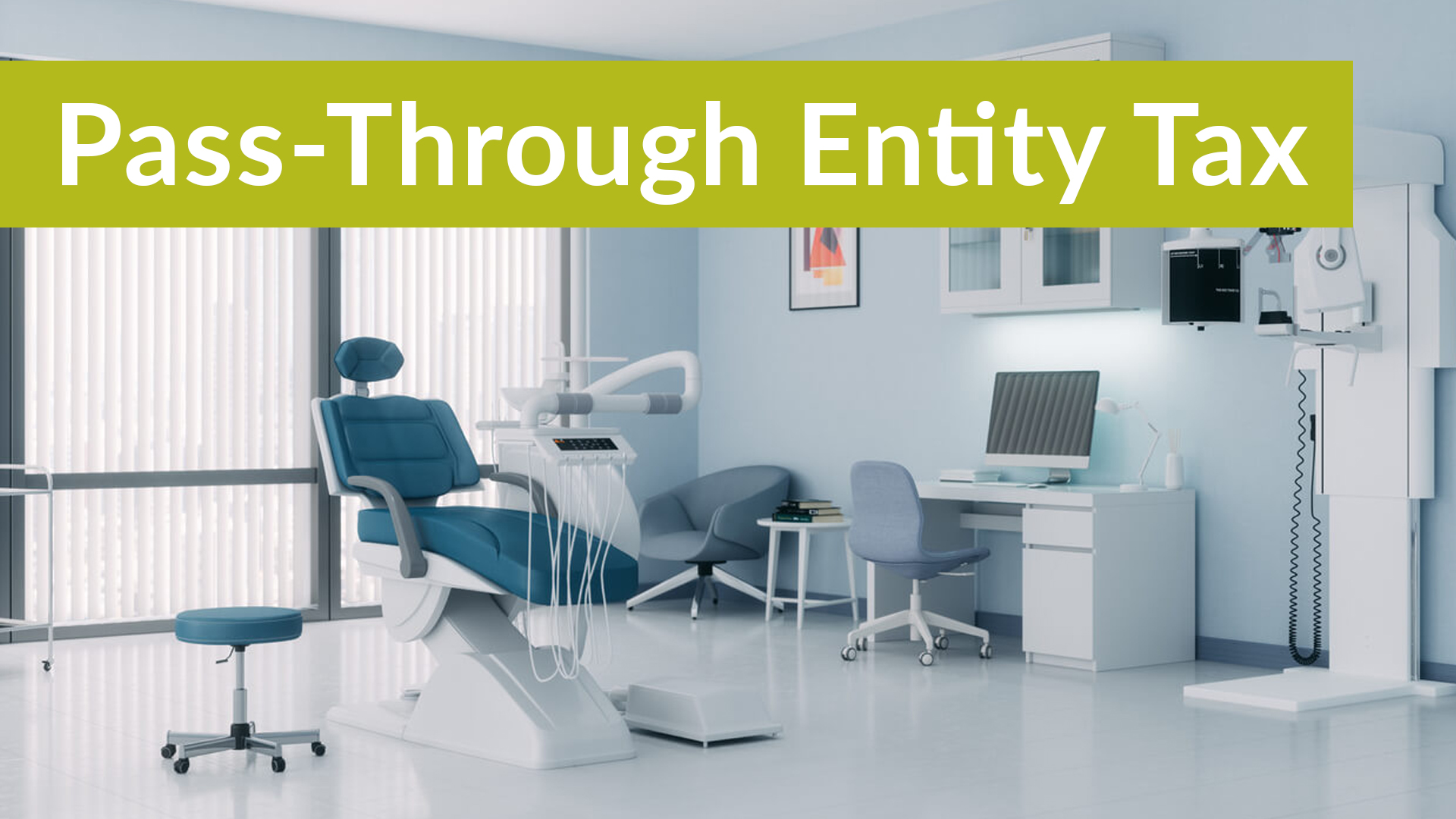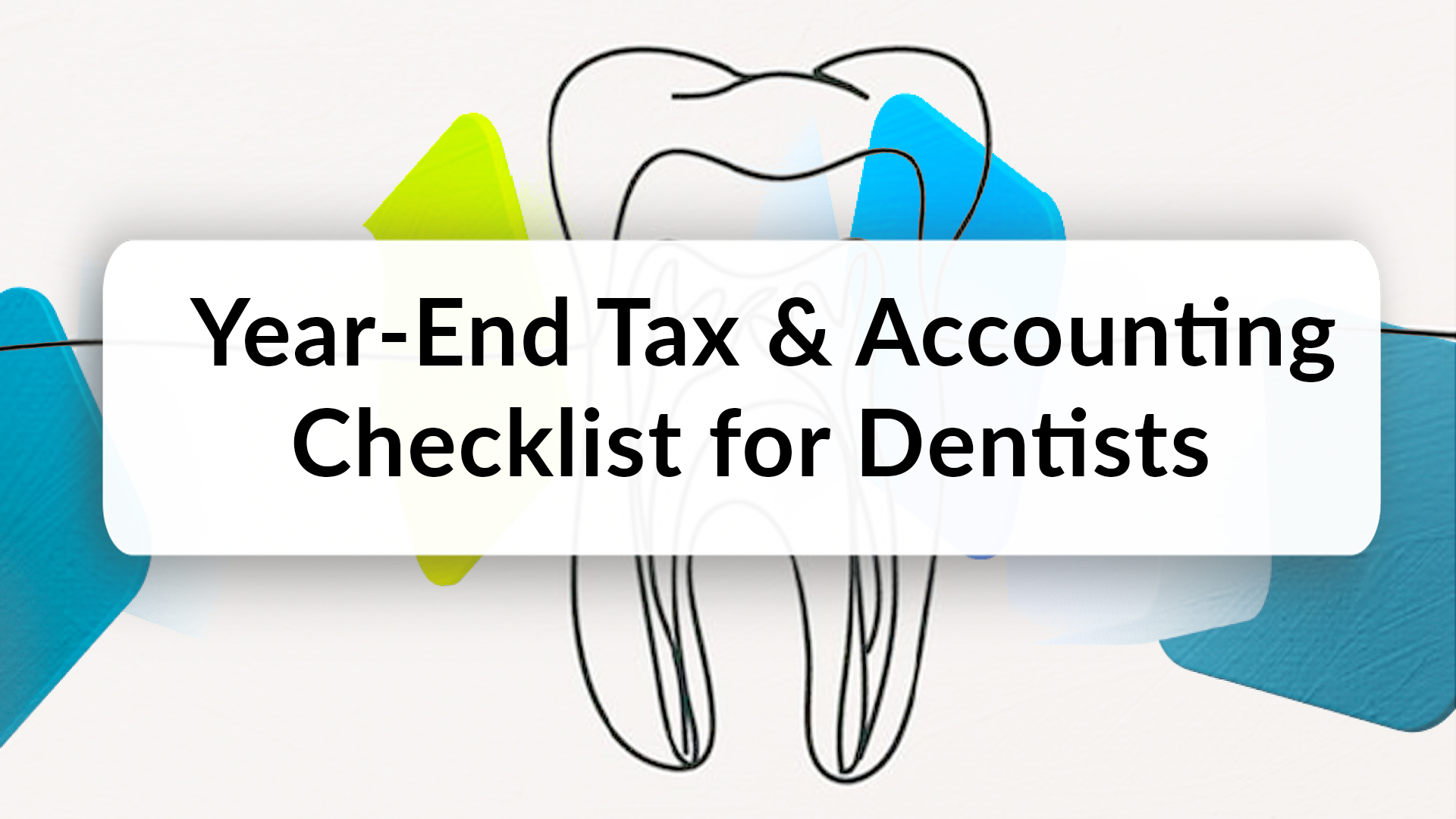When it comes to running a non-profit organization, good record-keeping is absolutely essential. Not only does it help in maintaining transparency and accountability, but it also ensures that your financial statements are accurate. Accurate financial statements are critical for gaining the trust of donors, securing grants, and meeting legal requirements. In this article, we will delve into why good record-keeping is so important and how it can benefit your non-profit organization.
Why Record-Keeping Matters
Good record-keeping is the backbone of any well-managed non-profit organization. Here are some reasons why it matters:
Transparency and Accountability

Non-profits rely heavily on donations and grants to fund their activities. Donors and grant-making bodies want to know that their money is being used responsibly. Keeping accurate records ensures that you can provide detailed reports on how funds are being utilized. This builds trust and encourages continued support.
Legal Compliance

Non-profit organizations are subject to various laws and regulations that require them to maintain accurate financial records. Failure to comply with these regulations can result in penalties or even the loss of non-profit status. Good record-keeping helps ensure that your organization stays compliant with all legal requirements.
Financial Management

Accurate records allow for better financial management. By keeping track of income and expenses, you can create accurate budgets, forecast future financial needs, and make informed decisions. This helps in the efficient allocation of resources and ensures that your organization can continue to operate smoothly.
Audits and Reviews

Non-profits are often required to undergo audits or financial reviews. Having well-organized records makes these processes much easier and quicker. It also demonstrates to auditors that your organization is well-managed and transparent.
Components of Good Record-Keeping
Good record-keeping involves more than just keeping receipts and invoices.
Here are some key components:

Journals and Ledgers
Journals and ledgers are essential tools in accounting. A journal is a chronological record of all financial transactions, while a ledger is a collection of accounts that shows the changes made to each account as a result of these transactions. Keeping these records updated and accurate is crucial for maintaining accurate financial statements.

Bank Statements and Reconciliations
Bank statements provide a record of all transactions that have passed through your bank account. Regularly reconciling these statements with your own records helps ensure that there are no discrepancies. This is an important step in maintaining accurate financial records.

Receipts and Invoices
Keeping all receipts and invoices is essential for tracking expenses and income. These documents provide proof of transactions and are necessary for audits and financial reviews.

Payroll Records
If your non-profit has employees, it is important to keep accurate payroll records. This includes records of salaries, wages, bonuses, and deductions. Payroll records are necessary for tax purposes and for ensuring that employees are paid correctly.

Grant and Donation Records
Non-profits often receive funds through grants and donations. Keeping detailed records of these funds, including how they are spent, is essential for transparency and accountability. This information is also necessary for reporting to donors and grant-making bodies.
Generally Accepted Accounting Principles (GAAP)
Non-profits should follow Generally Accepted Accounting Principles (GAAP) when maintaining their financial records. GAAP provides a standard framework for accounting that ensures consistency and accuracy. Here are some key principles:
Consistency
Consistency means using the same accounting methods and principles from one period to the next. This makes it easier to compare financial statements over time and ensures that they are reliable.
Relevance
Relevance means providing information that is useful for decision-making. Financial statements should provide accurate and timely information that helps stakeholders make informed decisions.
Reliability
Reliability means providing information that is accurate and can be verified. This includes keeping detailed records and providing proof of transactions.
Comparability
Comparability means that financial statements should be prepared in a way that makes it easy to compare them with those of other organizations. This is important for donors and grant-making bodies who may be considering multiple organizations for funding.
Benefits of Accurate Financial Statements
Accurate financial statements provide numerous benefits for non-profit organizations. Here are some of the key advantages:
Building Trust with Donors
Donors want to know that their contributions are being used effectively. Accurate financial statements provide transparency and build trust, encouraging continued support.
Securing Grants
Many grant-making bodies require detailed financial statements as part of the application process. Accurate records increase your chances of securing grants by demonstrating that your organization is well-managed and financially responsible.
Better Decision-Making
Accurate financial statements provide the information needed to make informed decisions. This includes decisions about budgeting, resource allocation, and strategic planning.
Meeting Legal Requirements
Maintaining accurate financial records helps ensure that your organization complies with all legal requirements. This reduces the risk of penalties and helps maintain your non-profit status.
Preparing for Audits
Accurate financial statements make the audit process much smoother. They demonstrate that your organization is transparent and well-managed, which can improve your reputation and credibility.
Best Practices for Record-Keeping
Implementing best practices for record-keeping can help ensure that your financial statements are accurate and reliable. Here are some tips:
Use Accounting Software
Using accounting software can simplify the record-keeping process and reduce the risk of errors. Look for software that is specifically designed for non-profit organizations and that follows GAAP principles. Check our list of accuonting software in this article.
Regularly Reconcile Accounts
Regularly reconciling your accounts helps ensure that your records are accurate and up-to-date. This includes reconciling bank statements, payroll records, and other financial documents.
Keep Detailed Records
Keep detailed records of all transactions, including receipts, invoices, and bank statements. This provides proof of transactions and is necessary for audits and financial reviews.
Train Staff
Ensure that all staff members involved in record-keeping are properly trained. This includes training on GAAP principles, accounting software, and best practices for record-keeping.
Conduct Regular Reviews
Conduct regular reviews of your financial records to ensure that they are accurate and up-to-date. This includes reviewing journals, ledgers, and other financial documents.
Final Thoughts
Good record-keeping is essential for maintaining accurate financial statements in non-profit organizations.
It ensures transparency, accountability, and legal compliance, and provides the information needed for better financial management and decision-making.
By following best practices and adhering to GAAP principles, non-profits can build trust with donors, secure grants, and ensure their long-term success.







